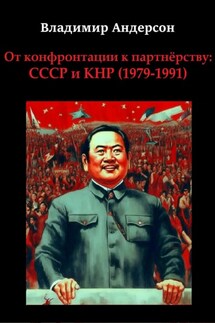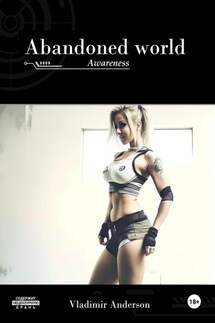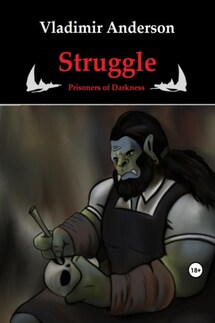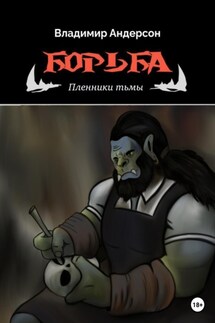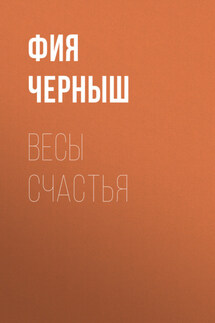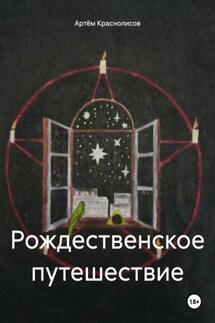Struggle: The Path to Power - страница 11
Suspect Tishinhr, a worker at the arms factory, realized that no matter what he did, the life he had before his denunciation would never be the same again. He didn't understand why plagues like him were allowed to say where the truth was and where it wasn't, why they called
themselves "saints" and why one had to agree with them. He believed in the Zhah, prayed every day, asking for strength from the Black Stone, and believed that it was up to the chum himself to do the work of faith. Tishinhr knew. That if he confessed, they would let him live, but he could not do that: he would be caught a second time and the result would be the same.
Notary Uninhr, a longtime law school graduate, saw the whole arrangement. If a suspect confessed, the least he could face was public shame followed by "forgiveness". The so-called "pardon" among the church bureaucracy consisted in the fact that on specified days, which were usually about a hundred a year, for three to seven years the plague was required to attend church and participate in special processions, seeking reconciliation with the ecclesiastical authority.
And if he doesn't confess, he will continue to be tortured and burned at the stake tomorrow.
The suspect was lifted up a meter, then released and caught near the ground. The ropes tied to his paws dug into his skin. Inside, everything jumped. Consciousness blurred. And began to feel a little nauseous.
Guzoh looked around: blackness and emptiness, the acrid smell of malice and fear, two torches illuminating the chamber so that only a few glints reflected in his eyes.
"And that's us, the Inquisition," Guzoch thought. – Only the devil is not afraid of us…"
Prefect
Many things have changed at the mine, including the way of eating. Within a month, a canteen with 50 seats was built. It had only been in operation for three days, and not everyone had time to get used to it; a table, a bench, a special room – it all looked not so much strange as questionable.
Nekrasova sat down in her usual place, in the middle of the room by the wall, and stared at her plate, where pasta and some chicken were floating in a yellowish broth.
Lena Bagrationova sat down next to her. She was also in a bad mood, but seeing the combination of muscle tension on Nastya's face, she thought that he was doing even worse.
"Nastya, what's wrong?" – Lena had a knack for getting the right demeanor at the right moments and pitching perfectly ordinary questions with the right tone. Now it was silly for her to be as sour as she really was.
"No, nothing," Nastya turned away slightly, and at the same time with that she confused all her sad thoughts, only her mood remained.
– I can see that. You're not wearing your face.
– You know, on you, too.
After these words Lena inwardly gathered herself definitively and put this result on her face – it turned out to be very good.
– Not really.
Nastya looked at her, wanting to check it out: lively eyes added by freckles, red hair tied in a braid – and indeed, there was a face.
– All right. You're wearing, uh.
– There you go!
– What am I seeing?
– That things aren't as bad as they seem.
– Yeah. It's worse than that.
– Oh, come on, man! As if punishing yourself with something will make anyone feel better.
Nastya turned away, "It's my fault." – In what?
They fought over me.
– I know.
